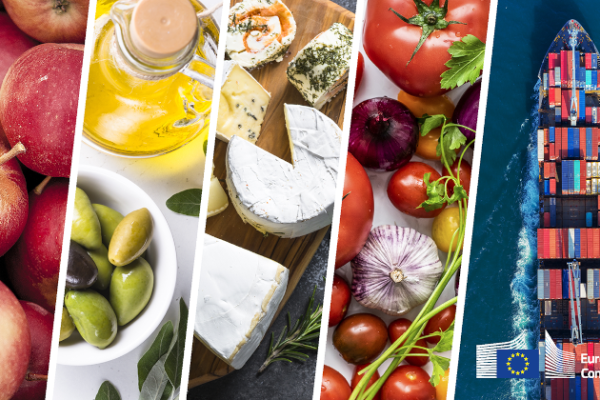
On 5 November 2021, countries participating at the COP26, as part of the discussions on agriculture, agreed on the need for a transition towards sustainable and climate-resilient food systems, taking into consideration the vulnerability of agriculture to the impacts of climate change. They recognised that this transition will be crucial to guarantee food security and ending hunger throughout the globe as well as to achieve climate objectives, such as emission reductions.
More specifically, to achieve this transition, participants acknowledged the key role of:
- soil and nutrient management practices and the optimal use of nutrients, including organic fertilizer and enhanced manure management
- sustainably managed livestock systems, such as enhancing animal health and sinks on pasture and grazing lands
Furthermore, they also noted the importance of scaling up support and resources to achieve inclusive, sustainable and climate-resilient agricultural systems.
Background
During the COP26, and since 2017, agriculture issues are discussed in the Koronivia Joint Work on Agriculture (KJWA), under the United Nations Framework Convention on Climate Change (UNFCCC). KJWA covers a range of interrelated topics such as soil, livestock, nutrient and water management, food security, the socioeconomic impacts of climate change across agriculture and methods for assessing climate change.
Related links
Details
- Publication date
- 9 November 2021
- Author
- Directorate-General for Agriculture and Rural Development


